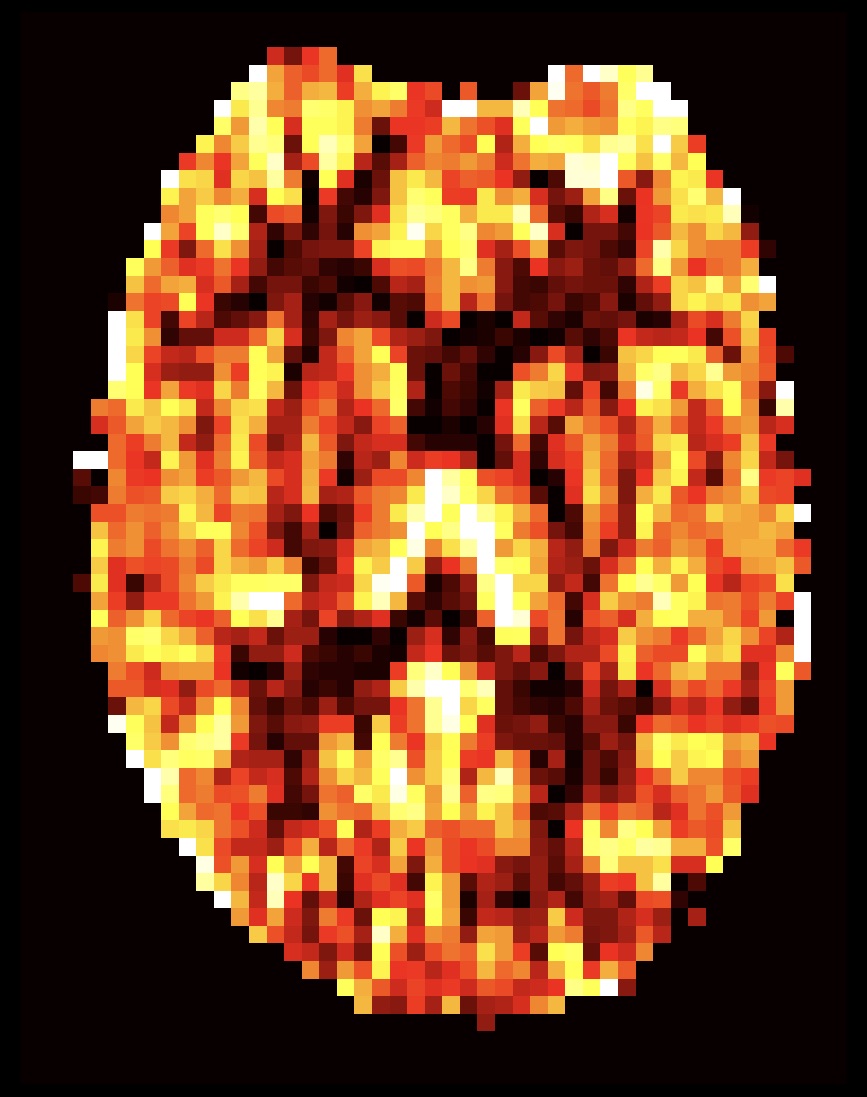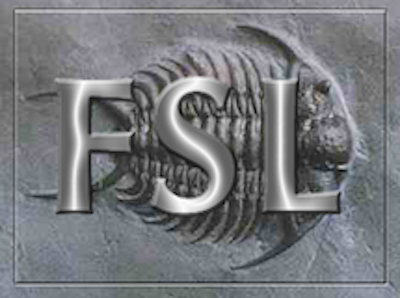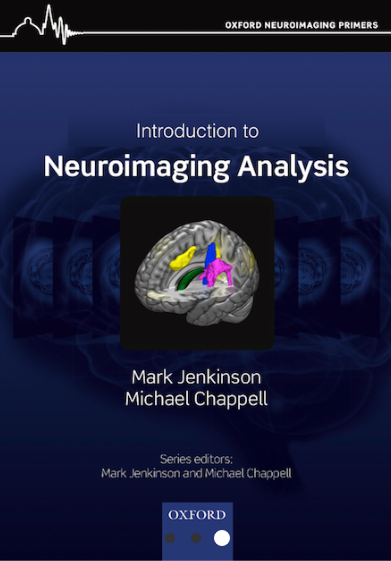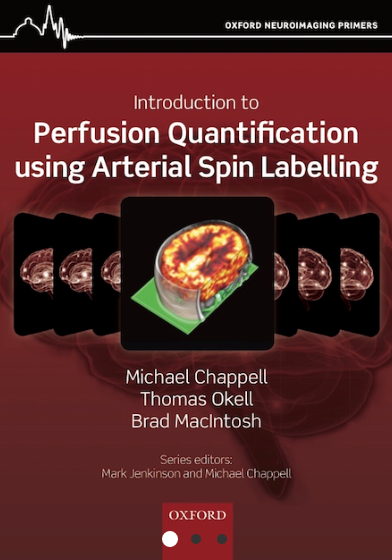Online BASIL Course (FSL mini-course)
24th November 2020
Learn

Learn the theory and practice of quantifying and mapping cerebral perfusion (blood flow) using Arterial Spin Labelling MRI from the expert team behind BASIL, part of the FMRIB Software Library. We welcome all skill levels, and we have self-paced primer material to get you started with neuroimaging analysis before attending.
This course follows on from the online FSL Course in September 2020. But, it is still suitable if you are new to FSL and neuorimaging analysis more generally (or have done the FSL course in previous years).
Attend Remotely
All course material will be delivered remotely. Lecture videos will be online. We will be providing machines to work on in the cloud, complete with all the data and software you will need. You will interact with expert tutors and other course attendees through Zoom, or equivalent. We will support you through the practical, hands-on session.
Global Community

FSL is used all over the world and ASL is an increasingly popular neuorimaging tool that gives unique insight into cerebral physiology. This year’s online BASIL course will offer a unique opportunity for those that may not normally travel to a course. We will be inclusive, supporting users in all countries, and we want to support our diverse users at all career stages.
Registration
Registration (in UK pounds) is £20 for PhD/MSc students (this includes anyone who is currently registered as a student with your university or institution), £25 for postdocs and other non-student attendees. A special rate of £15 is avaiable for individuals who attended the September 2020 online FSL Course.
Registration is now open via the University of Nottingham online store.
Course registration includes access to recorded lectures, a live practical session with expert tutors (via Zoom or equivalent), and remote desktop machines in the cloud with all the necessary software and data already setup. All course materials (online lectures, practical instructions and data) will be available in electronic format during and after the course. The number of attendees are strictly limited and are available on a first-come-first-served basis.
Details
This half-day course covers both the theory and practice of quantiative perfusion imaging using Arterial Spin Labelling. A live, guided practical will be supported across a wide range of time zones. The practical session will last half a day (3 hours), with an additional online lecture to watch beforehand on your own.
Background concepts and the practicalities of ASL are taught in hands-on practical sessions, supported by online lectures. Attendees will learn how to carry out analysis for themselves on real data, with a remote desktop computer in the cloud that we provide access to. Each attendee will need to have their own computer (Mac, Windows, Linux) in order to access the cloud based desktop and for video conferencing with tutors in the guided practical sessions. After completing the course, attendees should be able to analyse their own ASL data and be able to integrate it with other neuorimaging data as part of a study.
The course is aimed at both new and existing users of FSL and will cover both basic and advanced features. The methods covered are primarily aimed at applications in basic science and clinical research (not clinical practice).
All lectures and practical material will be in English.
This course does not provide any CME credits and we will cover neuroimaging analysis for basic science and clinical research but not clinical practice.
Requirements
Each attendee will need to have their own computer (Mac, Windows, Linux) in order to access the cloud based desktop and for video conferencing with tutors in the guided practical sessions. It is therefore essential that you have a reasonable internet connection - one that will allow video conferencing - so most home internet will be fine. It does not need to be super-fast but we will be relying on it during the practical sessions, and we cannot be responsible for any internet outages or speed problems during the course, although we will do whatever is within our power to provide you with the best service.
We are committed to supporting all users, from all countries where possible. We need to know where you will be connecting from (and not what your country of origin/residence is) in order to setup the appropriate platforms, in the appropriate geographic regions to maximise your experience.
Faculty
The course organisers for this course are: Michael Chappell, Mark Jenkinson and Martin Craig
Tutors on the course have all been trained in BASIL and more generally the use of FSL at the University of Oxford, and are now primiarly based in the Sir Peter Mansfield Imaging Centre at the University of Nottingham. The list of tutors is: Michael Chappell, Martin Craig, Paula Croal, Flora Kennedy McConnell and Moss Zhao.
Timetable
Two separate pratical sessions will be run, in order to cater for different timezones. The content for the two sessions will be identical. Each attendee will need to choose one session to register for.
Session A: 9am-12noon (UK) / 10am-1pm (Europe) / 11am-2pm (Israel) / 12:30pm-3:30pm (Iran) / 1:30-4:30pm (India) / 4pm-7pm (China/Singapore) / 6pm-9pm (Melbourne) / 8pm-11pm (New Zealand)
Session B: 3pm-6pm (UK) / 10am-1pm (East Coast USA) / 7am-10am (West Coast USA)
Recorded lectures associated with each topic will be available and should be watched before the practical session (ideally no more than 48 hours before the practical session, so that it is fresh in your mind).
Preparatory Material (before the course)
During the course, we will be covering a lot of material in a short period of time. To make the most of our time together, we have put together some preparatory material that we recommend you complete before attending if you are not already familiar with FSL and neuroimaging analysis.
This consists of a lecture set of three short introductory FSL practicals on FSLeyes, BET, and FSL Utils.
There is also a set of five videos on “Introduction to UNIX”. The Introduction to UNIX videos are optional. However, if you do not have experience using a terminal, then these are extremely useful to watch before the course.
Links to all the videos and accompanying data and instructions can be found on the FSL Course Material website.
Please allow at least three hours to go through the material on a computer that has FSL installed. If you do not have FSL installed you can still watch the videos to learn some basics before the course. During the course it will be expected that the preparatory materials listed above have been completed. If you are entirely new to neuroimaging the course will feel like a lot of new information in a very short time. Therefore, for those with little or no prior experience, we strongly recommend the Introduction to Neuroimaging Analysis Primer as a very useful introduction.


If you are looking for additional materials before or after the course, we recommend the Oxford Neuroimaging Primers. This bookseries published by Oxford University Press contains several short introductions and currently includes: ‘Introduction to Neuroimaging Analysis’ and, ‘Introduction to Perfusion Quantification using Arterial Spin Labelling’. These primers have been specifically written with the target audience of the FSL Course in mind.